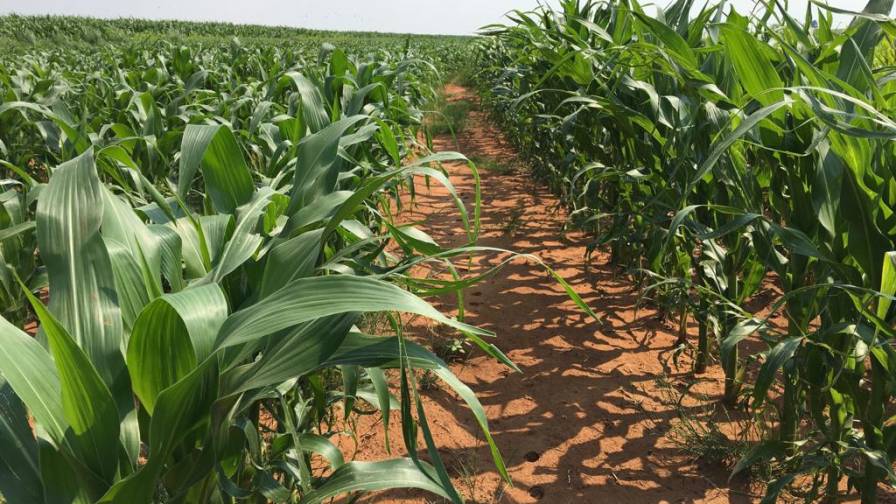South African Company Makes ‘Massive Breakthrough’ in Nitrogen Fixation
Custom Chemistry, a South African company that has been specializing in the practical application of micro-organisms for the past decade and whose products and developments are in extensive use across Southern Africa, has made a massive breakthrough – one that is bound to have a significant impact on the agricultural trade, both locally and abroad.
Its newest research and experimental results provide a solution that’s been eluding researchers for more than 70 years and could see yield increasing on a scale never been seen before.
Nitrogen fertilizer is currently the primary contributing factor to achieving high yield agricultural production worldwide. In the 1950s, a group of bacteria capable of converting atmospheric nitrogen into plant-available nitrogen – known as diazotrophs – was discovered and showed great potential in revolutionizing the trade. Due to the significant energy input required for nitrogen fixation, however this never became commercially viable.
Gerhard Vermaak, MD of Custom Chemistry, says, “In my search for an effective energy source to power this group of organisms, I came across an interesting, autotrophic organism in the literature. It has the potential to produce enough energy through photosynthesis to support the diazotroph, facilitating the fixation of significant and applicable amounts of nitrogen for high yield crop growth.”
Vermaak conducted a series of experiments to prove that the concept, which he calls EL-I (Early Life Initiation) technology, works – inoculating young plants with various ratios of autotrophs and diazotrophs to determine if the diazotrophs are capable of fixing significantly higher amounts of nitrogen.
He started out with eight maize plants in Midrand, then a 5-hectare maize plantation in Hendrina, Mpumalanga, and later upscaled considerably to 300 and then 2500 hectares of Dryland Wheat in Makwassie, as well as 600 hectares of maize in Viljoenskroon in the Free State.
To test the concept’s versatility, he also did experiments with soya and peanuts.
He then compared the results obtained from the inoculated plants with those obtained from the use of traditional chemical nitrogen fertilizers and organic nitrogen fertilizers. The results were undisputable and dramatic: The combination of the two different inoculants made a significant difference in the nitrogen fixating capability of the bacteria, with yield outperforming results achieved using chemical and organic nitrogen fertilizers.
The 300ha in Makwassie, for example, was treated with EL-I technology. The harvest was on average 4.5 ton/ha, compared to the average dryland harvest of 2 tons/ha with an 80 N chemical fertilizer program. More than doubling the yield. In another case, a farmer noted that one maize plant grew an astounding 11 heads of corn.
“This is a massive breakthrough in agriculture, with the potential to significantly reduce production costs whilst increasing yields. Not to mention its far-reaching environmental benefits,” Vermaak says. “The inoculation method is an absolute game changer that has not been seen since the introduction of the first chemical fertilizers.”
“This isn’t some fantasy either,” he continues, “The results are right there, on paper, along with independent analysts’ findings and the overwhelmingly positive — albeit often expletive-filled — feedback from elated farmers. We are beyond excited about the results and our patent is pending registration. We are now actively scouting for a partner with significant punching power to join us in making this technology available on a national and international scale – changing the agricultural business, and the lives of businesses and individuals impacted by it, for the better.”







